Acne is one of the most common skin conditions, affecting people of all ages, but it is particularly prevalent among teenagers and young adults. Despite being a condition that many face, it can have a significant impact on one’s self-esteem and confidence. Fortunately, there are many effective solutions available to treat and prevent acne, ranging from lifestyle changes to advanced medical treatments. This article explores a variety of acne solutions, from everyday skincare routines to professional interventions, helping individuals find the most suitable approach for clear, healthy skin.
Understanding Acne
Before diving into solutions, it’s important to understand what acne is and what causes it. Acne occurs when hair follicles become clogged with oil, dead skin cells, and sometimes bacteria. This blockage leads to inflammation, resulting in pimples, blackheads, whiteheads, cysts, or nodules. While hormonal fluctuations during puberty are one of the leading causes of acne, other factors can contribute, such as genetics, diet, stress, and the use of certain skincare products.
1. Topical Treatments for Acne
Topical treatments are often the first line of defense in treating acne. These treatments are applied directly to the skin and come in various forms, such as creams, gels, and ointments. The most common ingredients in topical acne treatments include:
- Benzoyl Peroxide: Known for its antibacterial properties, benzoyl peroxide works by killing the acne-causing bacteria on the skin. It also helps to reduce the inflammation and clogging of pores. It is available over-the-counter in concentrations ranging from 2.5% to 10%.
- Salicylic Acid: This beta-hydroxy acid (BHA) is effective in unclogging pores by exfoliating dead skin cells. It helps prevent future breakouts and can be found in various cleansers, toners, and spot treatments.
- Retinoids: Derived from Vitamin A, retinoids are powerful for promoting cell turnover, preventing clogged pores, and reducing acne scarring. While available over-the-counter, stronger forms require a prescription.
- Alpha Hydroxy Acids (AHAs): AHAs, such as glycolic acid, are exfoliants that help remove dead skin cells and reduce inflammation. They are also beneficial for preventing clogged pores and minimizing the appearance of scars.
2. Oral Medications
For moderate to severe acne that doesn’t respond to topical treatments, oral medications may be necessary. These treatments work from the inside out to reduce acne-causing factors, such as inflammation and excess oil production.
- Antibiotics: Oral antibiotics, such as tetracycline, doxycycline, and minocycline, are often prescribed to help reduce bacteria and inflammation. However, these medications are typically used for short-term periods due to concerns about antibiotic resistance.
- Oral Contraceptives: Birth control pills can help regulate hormones that may trigger acne in women, particularly those with hormonal fluctuations related to their menstrual cycle. The combination of estrogen and progestin in certain birth control pills has been shown to reduce acne in some women.
- Isotretinoin: Isotretinoin (commonly known as Accutane) is a powerful medication that can provide long-lasting acne relief, even in severe cases. It works by significantly reducing oil production, unclogging pores, and minimizing inflammation. Due to its potency and potential side effects, isotretinoin is usually prescribed when other treatments have failed.
3. Laser and Light Therapy
For those with persistent acne or acne scars, laser and light therapies can be an effective option. These therapies use focused light or lasers to target the underlying causes of acne and promote healing.
- Laser Therapy: Lasers, such as fractional CO2 or pulsed dye lasers, can target the deeper layers of the skin, reducing oil production, promoting collagen formation, and reducing the appearance of scars.
- Blue Light Therapy: Blue light therapy targets acne-causing bacteria. By shining a specific wavelength of blue light on the skin, the bacteria are destroyed, reducing the risk of breakouts.
- Photodynamic Therapy: This treatment combines light therapy with a photosensitizing agent to target sebaceous glands and reduce oil production. It is especially effective for individuals with persistent acne.
4. Chemical Peels
Chemical peels involve the application of a chemical solution to the skin that exfoliates the outer layer, promoting the shedding of dead skin cells and unclogging pores. There are different types of chemical peels based on the severity of acne:
- Superficial Peels: These peels use mild acids, such as salicylic acid, to exfoliate the top layer of skin. They are effective for treating mild acne and can be done frequently with minimal downtime.
- Medium Peels: These peels use stronger acids, like glycolic acid, to penetrate deeper into the skin and treat more severe acne.
- Deep Peels: Reserved for severe acne and scarring, deep peels require longer recovery times but can offer dramatic results.
5. Home Remedies and Lifestyle Adjustments
In addition to clinical treatments, certain home remedies and lifestyle adjustments can help manage acne.
- Proper Skincare Routine: Regularly cleansing the skin with a gentle, non-comedogenic cleanser helps remove excess oil and dirt that can contribute to acne. Follow up with a suitable moisturizer to maintain skin hydration.
- Diet and Hydration: While the connection between diet and acne remains debated, some studies suggest that a diet high in refined sugars and dairy products may contribute to breakouts. A balanced diet rich in fruits, vegetables, and whole grains, along with staying hydrated, can promote healthier skin.
- Stress Management: Stress can trigger acne flare-ups, as it increases the production of cortisol, a hormone that can lead to inflammation and excess oil production. Practicing stress-reducing activities such as yoga, meditation, or regular exercise can help manage acne.
6. Professional Guidance
If over-the-counter treatments and lifestyle adjustments do not yield the desired results, it is essential to consult with a dermatologist. A dermatologist can assess the severity of acne, recommend tailored treatments, and monitor progress to ensure the best outcome.
Conclusion
Acne is a complex skin condition that affects millions worldwide, but the good news is that effective treatments are available. From topical medications to advanced therapies such as lasers and chemical peels, individuals can find a solution that works for their unique skin needs. Alongside these treatments, adopting a healthy lifestyle and consulting a dermatologist can help prevent future breakouts and improve skin health. By understanding the causes and exploring various acne solutions, anyone can take the necessary steps towards clearer, more confident skin.

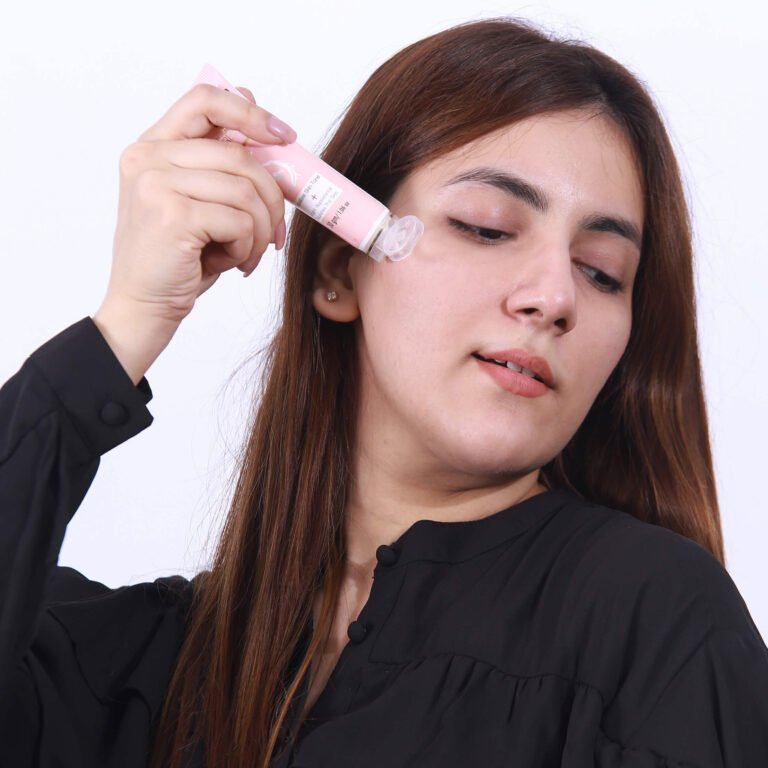
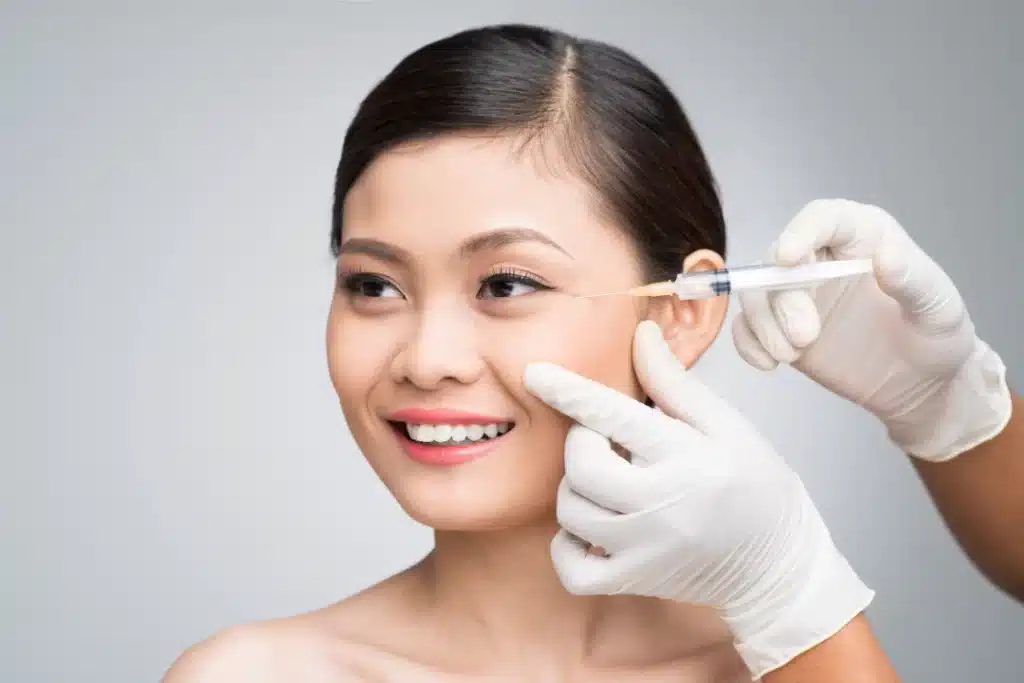


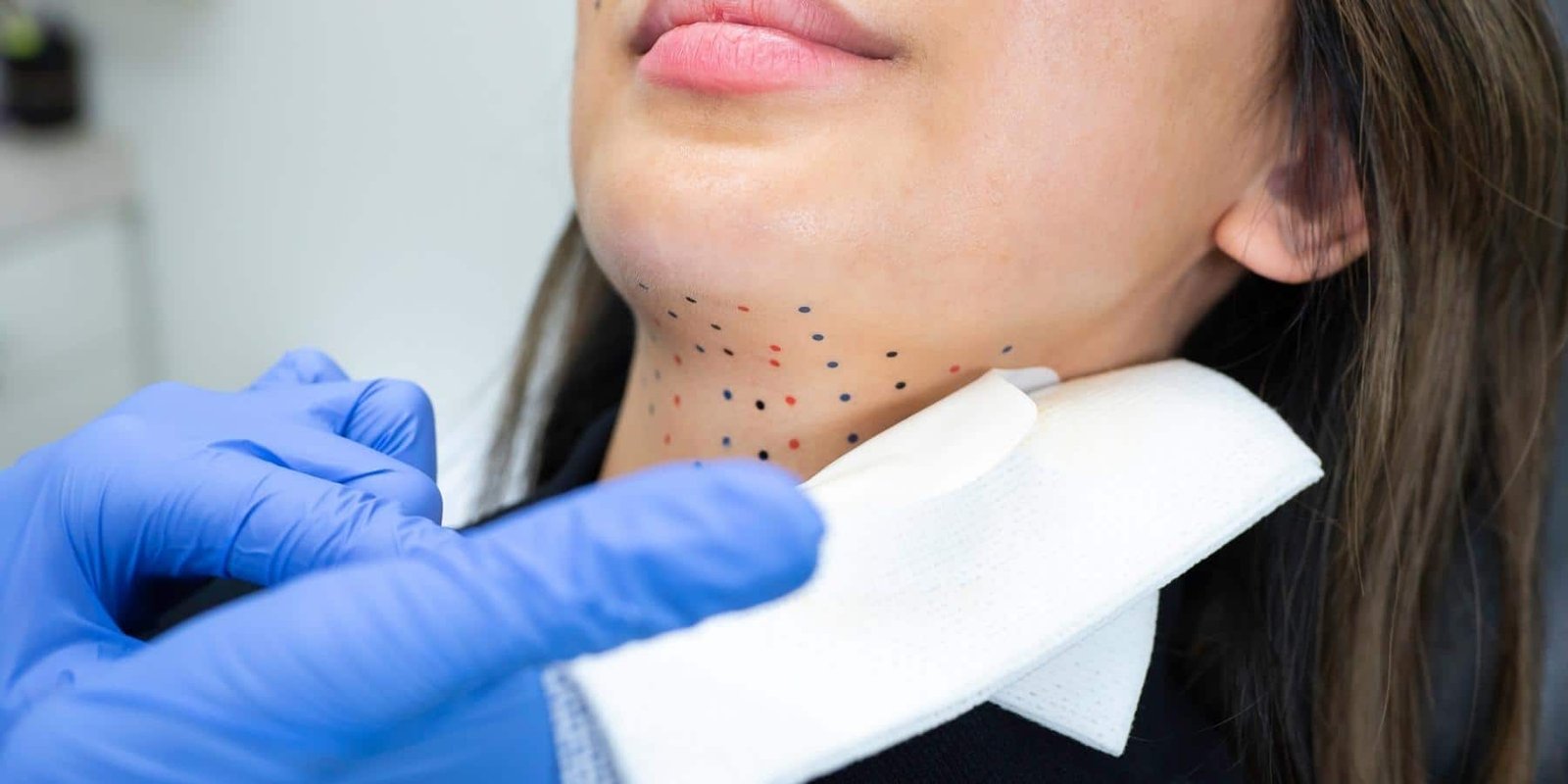
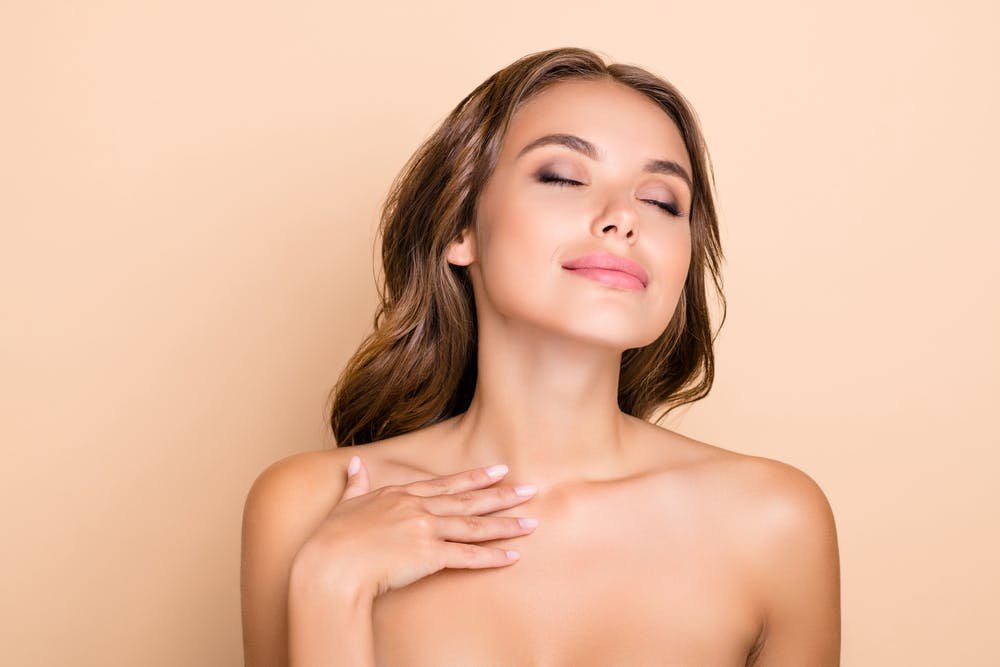


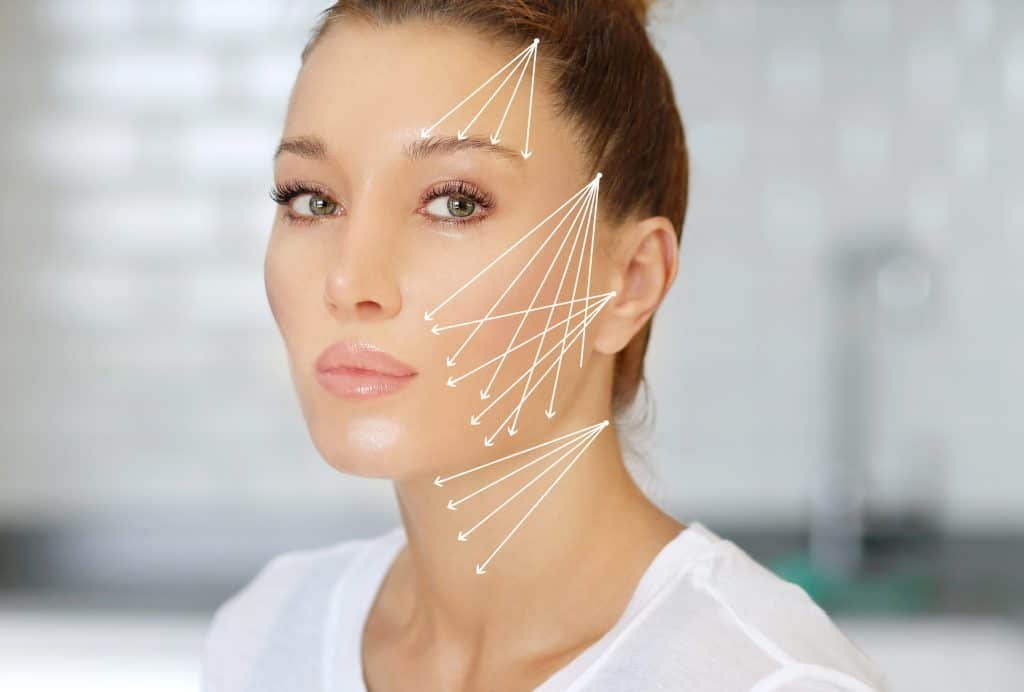
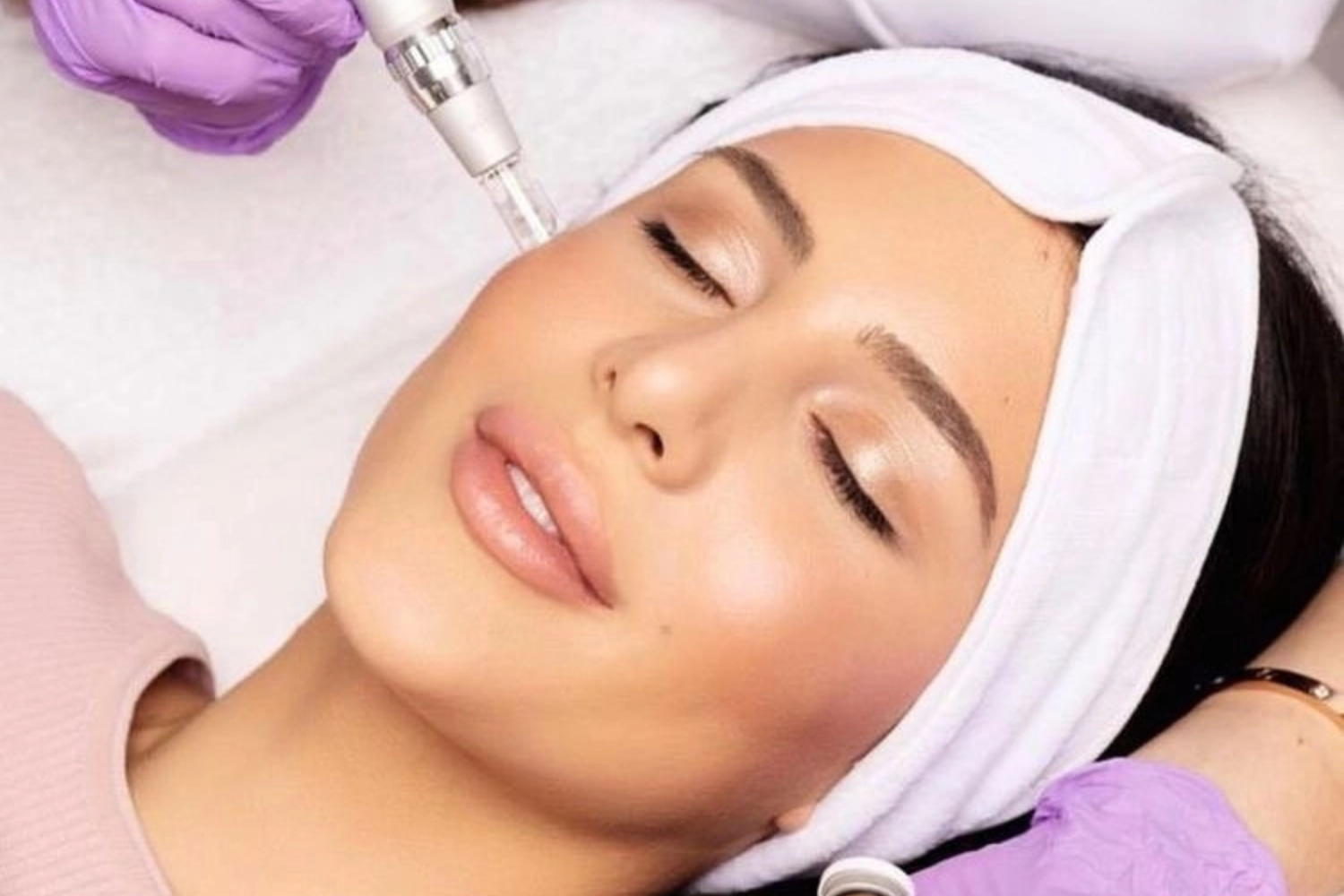
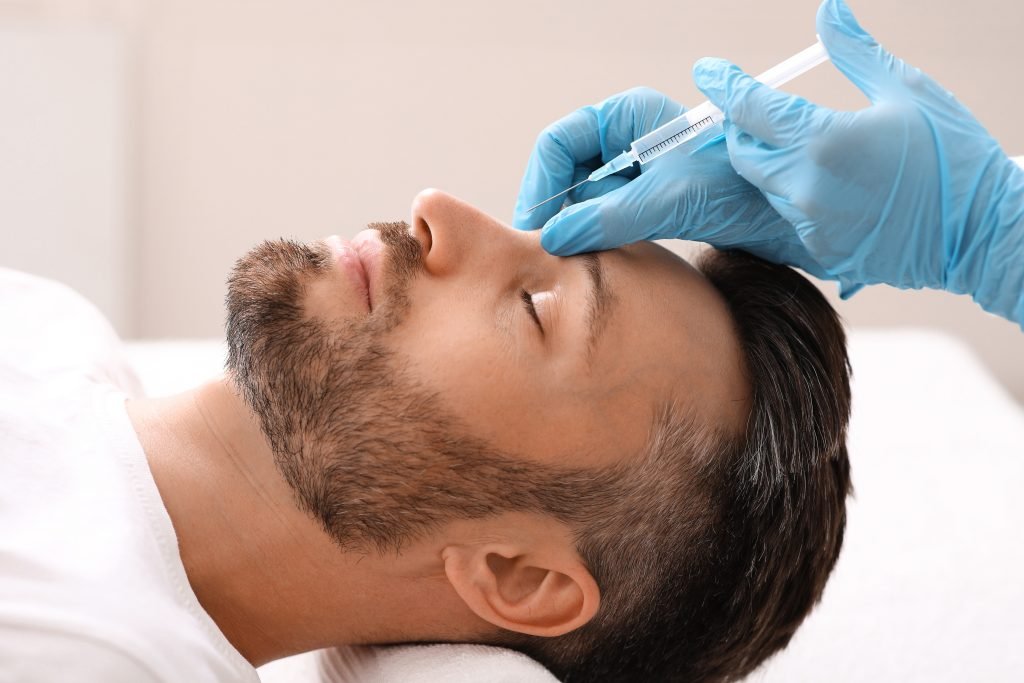



Leave a Reply